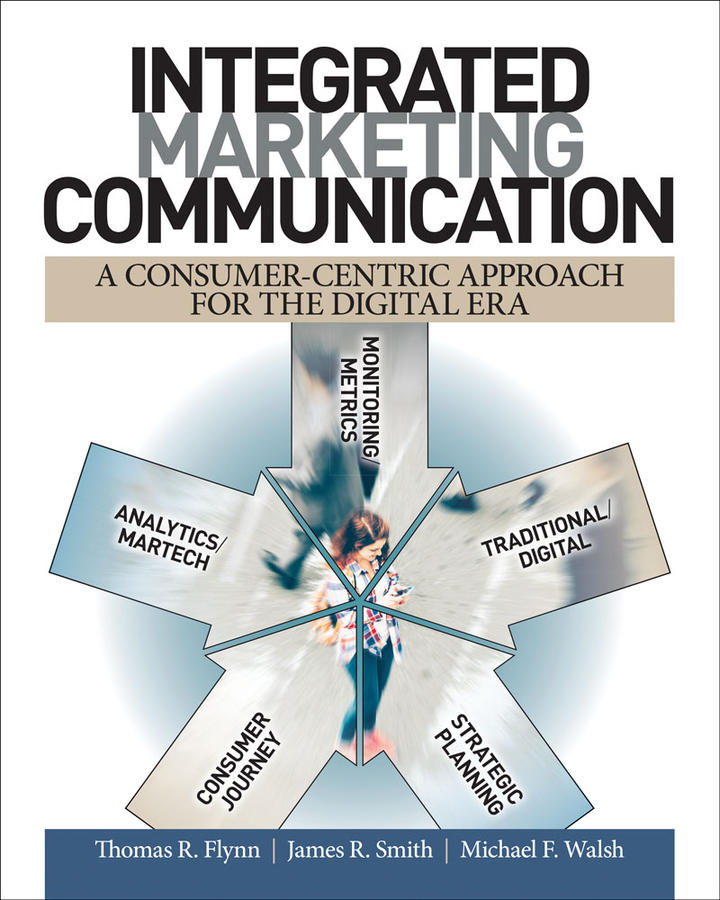By Kamran Gasimov – Nowadays, all legal documents that prove the ownership of any material and non-material good, such as property titles or copyright contracts, are electronically registered. This has made it possible to reduce the use of ink and paper and avoid possible human errors related to data transcription.
This type of information is usually stored on a server. For the information to remain secure, the server must have a robust security system to prevent leaks. When these types of electronic legal documents are shared between different servers, they’re stored as a copy. If a copy ends up in the wrong hands, the information in the document can be manipulated. In short, the same legal document can be used by an imposter.
Falsifying legal documents is a very common crime. Cybercriminals are experts doing this and many times have managed to obtain millions of dollars in money and property on behalf of elderly and deceased people. This will continue to happen as long as banks don’t decide to update their current data reception, storage and distribution scheme.
Encrypting information is the best way to protect it from hacker attacks. When a legal document is encrypted, its content is transformed into long strings of characters without any logical order. The process is carried out through an algorithm using an encryption code. To decrypt the information, is necessary the key of the same code.
Deciphering the key of an encryption code would take years for a professional hacker, no matter what software he uses. The encryption codes of blockchain systems evolve and change constantly, preventing the same encryption code from being used in several similar operations.
Any kind of important data can be encrypted, which includes text, audio and video documents. Nowadays, the leakage of information through the Internet is massive. A sample of this is the invention of Wikileaks. From classified documents from the Pentagon to the Panama Papers. Wikileaks showed us that there isn’t safe information on the Internet.
However, Wikileaks was first than the blockchain technologies. Surely, if government organizations, international banks and other important institutions had encrypted their data, the biggest secrets of the web would still remain unknown. The protection of information should be a priority in any banking institution, and the best way to achieve this is through the blockchains.
Unfortunately, many banks still refuse to implement this technology, fearing losing control over their customers’ information. It’s true that banks use their customers’ information to offer better benefits to the most privileged. However, this scheme only contributes to discrimination in the banking system. Therefore, millions of people aren’t considered appropriate to receive a loan or an increase in their credit limit.
Human arbitrage in banks has become a major impediment. Only through a fully automated system controlled through automatic protocols is possible to have an impartial and decentralized banking system.For now, it only depends on private and governmental institutions to reach an agreement and implement these technologies for the good of humankind.
Kamran Gasimov is an Adviser to the Chairman of the Board and Director of Creation of Bank Products and Development of Sales Channels at MuganBank OJSC. He also is a Co-Founder and Development Director of Accounting and Tax Resources and the Founder and Director of Richmond Group.





